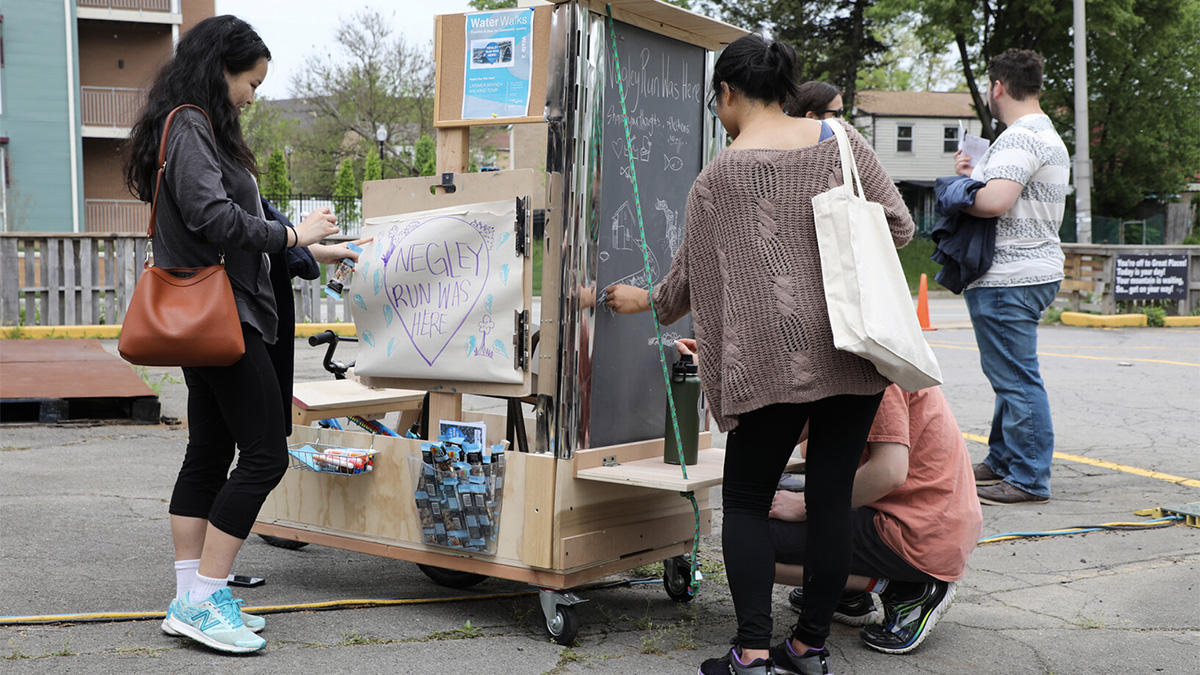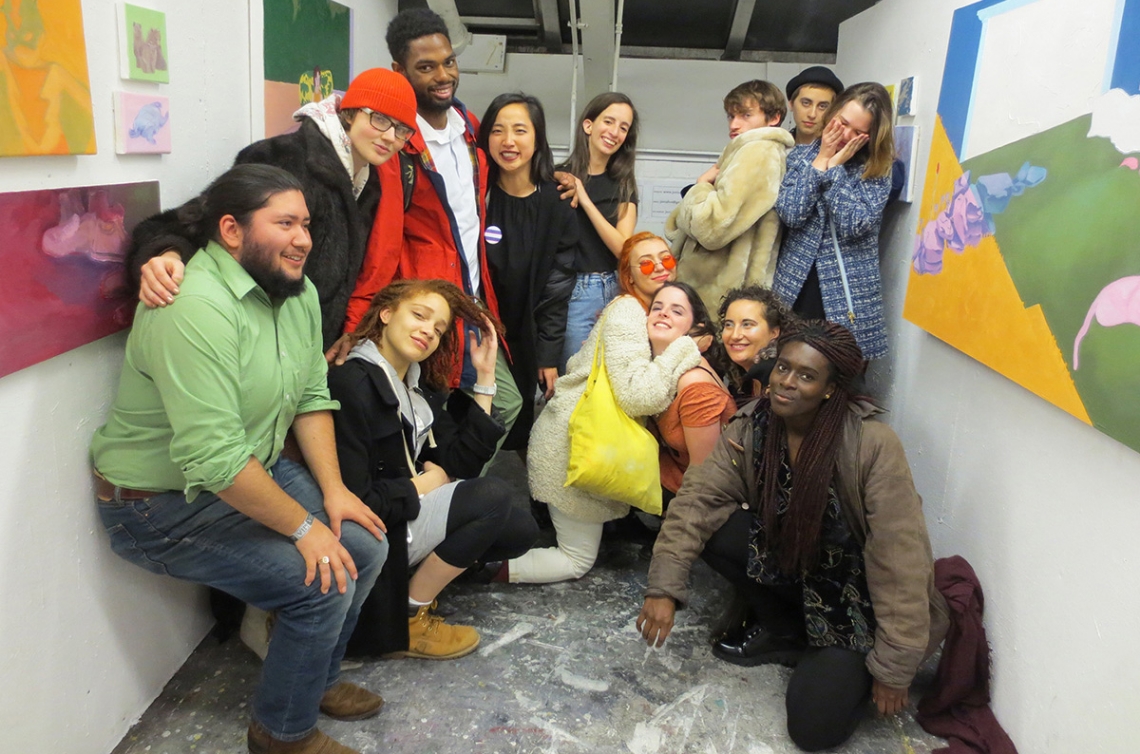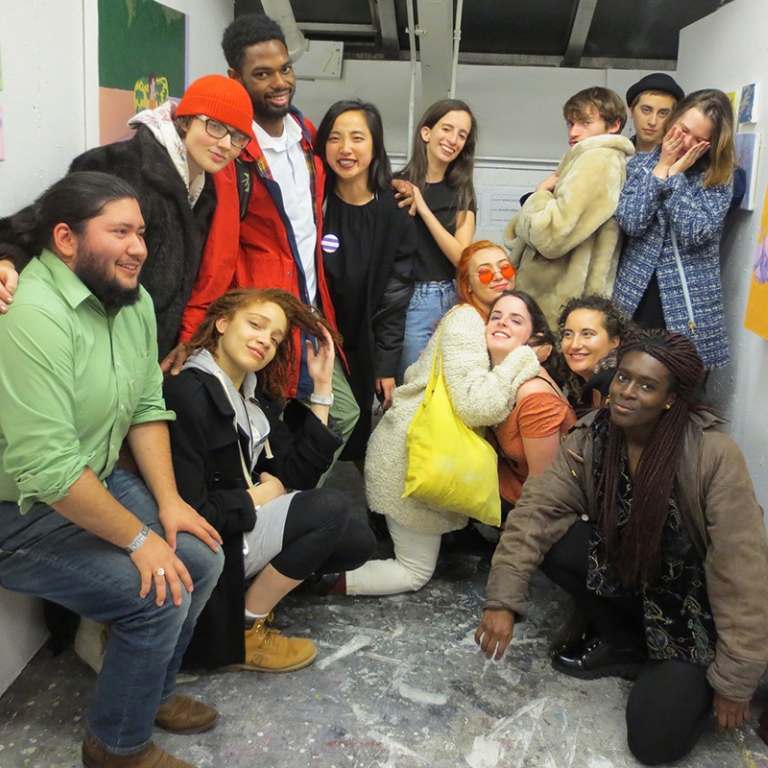
Social Practice will engage you in the production of socially-engaged projects that respond to specific public contexts and audiences. The first undergraduate program of its kind in the United States, Contextual Practice includes experimental approaches to art making such as street art, participatory art, urban interventions, interactive social media, public installations, and politically-engaged art
Here are a few recent advanced courses:
Temporary Art in Public Space
In this course, you will create temporary, site-specific works of art off campus, from crafting your proposal, to obtaining permission for site use, to implementing your artwork. A variety of approaches are encouraged including object making, mixed-media installations, video installations, actions, and performance art.
CultureMaker: Connecting Studio Practice to Cultural Programming & Social Justice
This course pushes you to work off campus with Pittsburgh’s many communities. You will investigate how your studio practice can be tied to broader cultural programming and how you can use your skills to collaborate with communities outside of CMU in ethical, rather than exploitative, ways.
Art of Mapping
Maps purport to represent territory objectively while, in actuality, they reveal the biases of their authors. You will investigate how you can use mapping—both traditional geographic mapping as well as representations of psychological space, social space, and conceptual space—to envision new ways to view the world.
Art at the End of the World
In this course, you will creatively engage with our present apocalyptic predicaments through field trips, research, and site-specific exhibitions. What roles do artists have in society in the face of mounting problems?
The Amateur
For the artist, embracing the role of the amateur allows for the use of any profession, institution, or social activity as a possible material within their creative practice. This includes artists who “perform” as amateur preachers, psychologists, geneticists, politicians, and exotic dancers; artists who create amateur institutions like sanitariums, circuses, hair salons, talk shows, and planetariums; and artists who collaborate with professional hypnotists, ornithologists, stunt coordinators, ventriloquists, and diplomats in order to manifest their work. With faculty mentorship, you will be responsible for developing your projects through independent research, apprenticeships, and collaborations with experts in fields relevant to your work.



